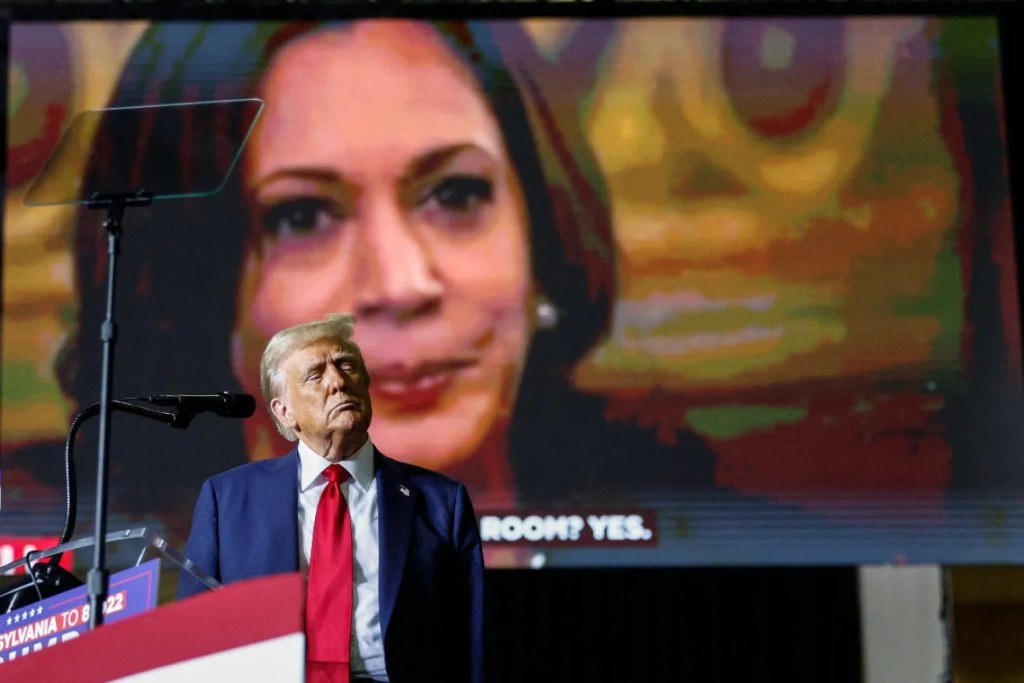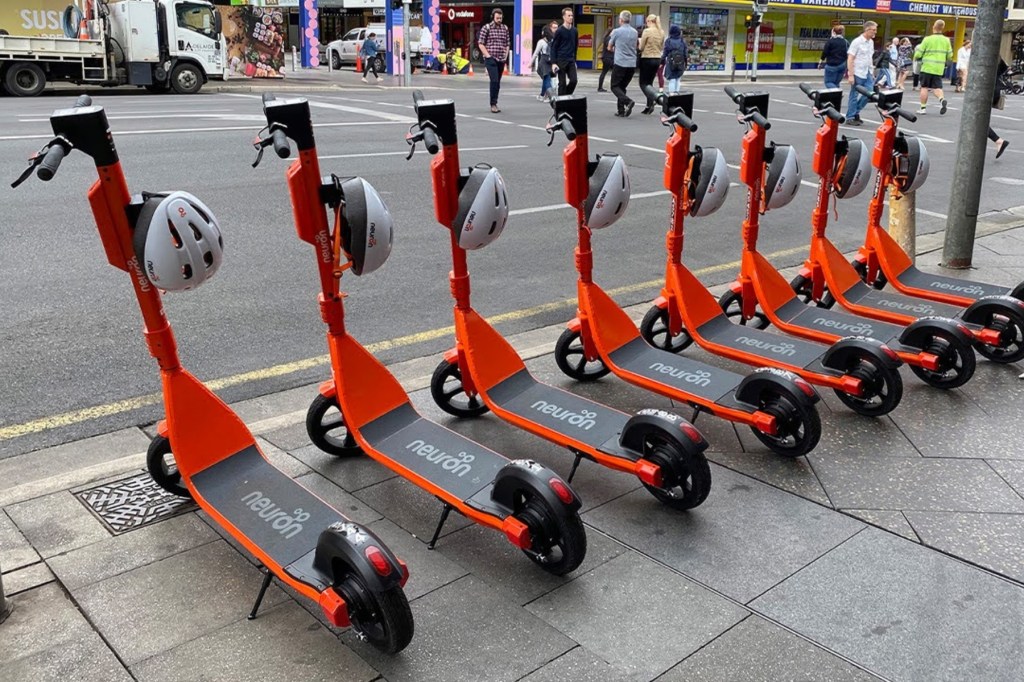Trump and Harris accuse each other of inciting division
Republican presidential candidate Donald Trump and Democratic rival Kamala Harris accused each other of deepening the discord of a deeply polarised nation, as the US presidential campaign entered its final week.

The Republican former president focused on a comment by Democratic President Joe Biden that he said revealed the disdain Democratic leaders feel towards Trump’s supporters.
“You can’t lead America if you don’t love Americans, and you can’t be president if you hate the American people,” Trump said in North Carolina, one of the largest of the seven swing states up for grabs in Tuesday’s presidential election.
Vice President Harris, meanwhile, urged voters in the same state to “turn the page” on Trump, who she said was focused on his own grievances, rather than Americans’ needs.
“If he is elected, on Day One Donald Trump will walk into that office with an enemies list. When I am elected, I will walk in with a to-do list,” she said.
The race has tightened in its final weeks, and a Tuesday Reuters/Ipsos poll showed Harris leading Trump by just 44 per cent to 43 per cent among registered voters nationally, well within the poll’s margin of error. Other opinion polls show tight margins in the seven battleground states that will decide the November 5 election.
You might like
Tensions are running high. Election workers in competitive states are bracing for violence, and authorities in Florida arrested a man for menacing voters with a machete.
Trump continues to falsely claim that his 2020 loss to Biden was the result of widespread fraud and has signalled that he will challenge a 2024 defeat if he deems it unfair, having filed along with supporters a wave of lawsuits this year objecting to various election rules around the country.
Biden’s Tuesday comment, in which he appeared to describe one or some Trump supporters as “garbage,” undercut Harris’ pitch to work with those who disagree with her and move past the bitter divisions that define US politics.
Biden, an 81-year-old incumbent who ended his re-election bid in July after a disastrous debate performance against Trump, has a history of misspeaking. He said he was referring to racist comments made by a single speaker at a Trump rally, while Trump accused Biden of referring to all those who support him.
Stay informed, daily
“We’re ‘garbage.’ And I call you the heart and soul of America,” Trump said.
Since his 2016 presidential campaign, Trump has built broad appeal with working-class white Americans, while Democrats have consolidated their support among more affluent, college-educated voters. Control of the White House and Congress has flipped back and forth in recent elections, allowing neither party to claim control over both branches of government for long.
The duelling rallies in North Carolina highlighted the crucial role the southern state might play in the election. It was the only battleground state to back Trump in 2020. It last voted for a Democratic presidential candidate in 2008 though it has had a Democratic governor, Roy Cooper, since 2017.
Trump leads Harris by just one percentage point in the state, according to a polling average by FiveThirtyEight.
Last month’s hurricane damage has made North Carolina’s results especially difficult to predict.
The hard-hit western region leans Republican and accounted for about nine per cent of the vote in 2020, according to an analysis by Republican pollster Patrick Ruffini.
While some state officials – including some Republicans – have praised federal clean-up efforts, Trump has falsely claimed that disaster aid intended for the US state was diverted to help immigrants.
Some 43 per cent of North Carolina’s registered voters have already cast ballots, and they are more likely to be white, suburban and female than the overall electorate, according to Catawba College political science professor Michael Blitzer.
The outcome may not be known for some time, as absentee ballots can be counted for up to 10 days after the election.
– AAP








